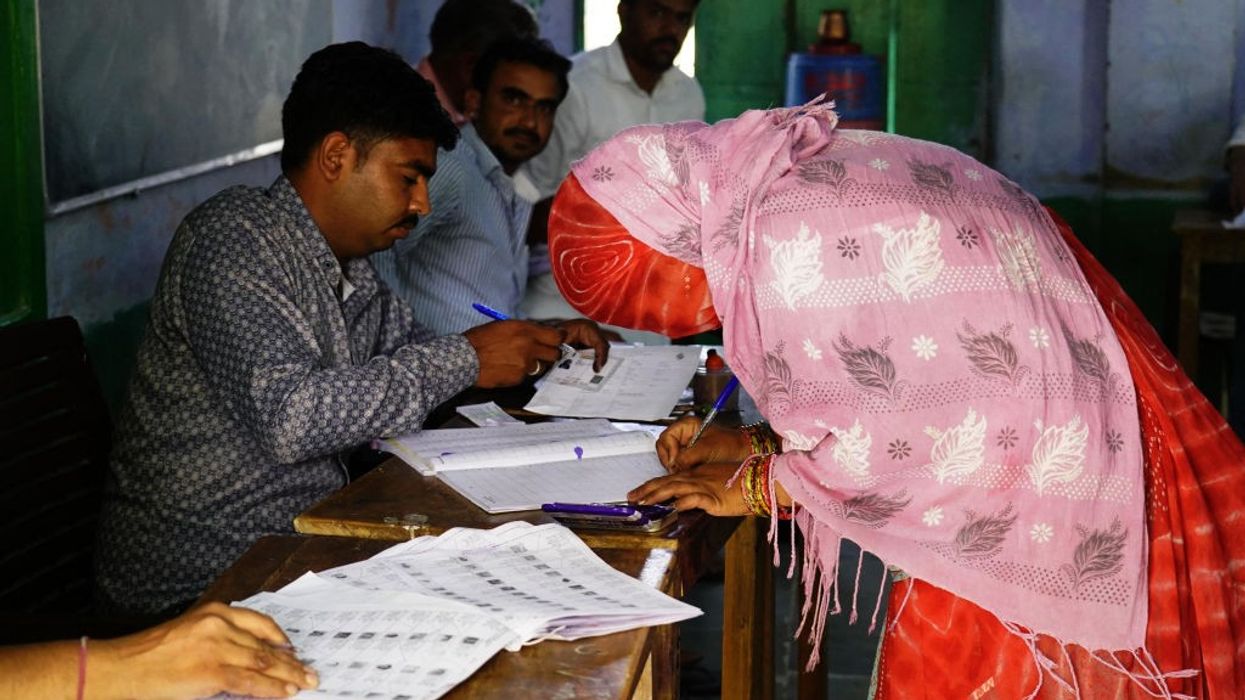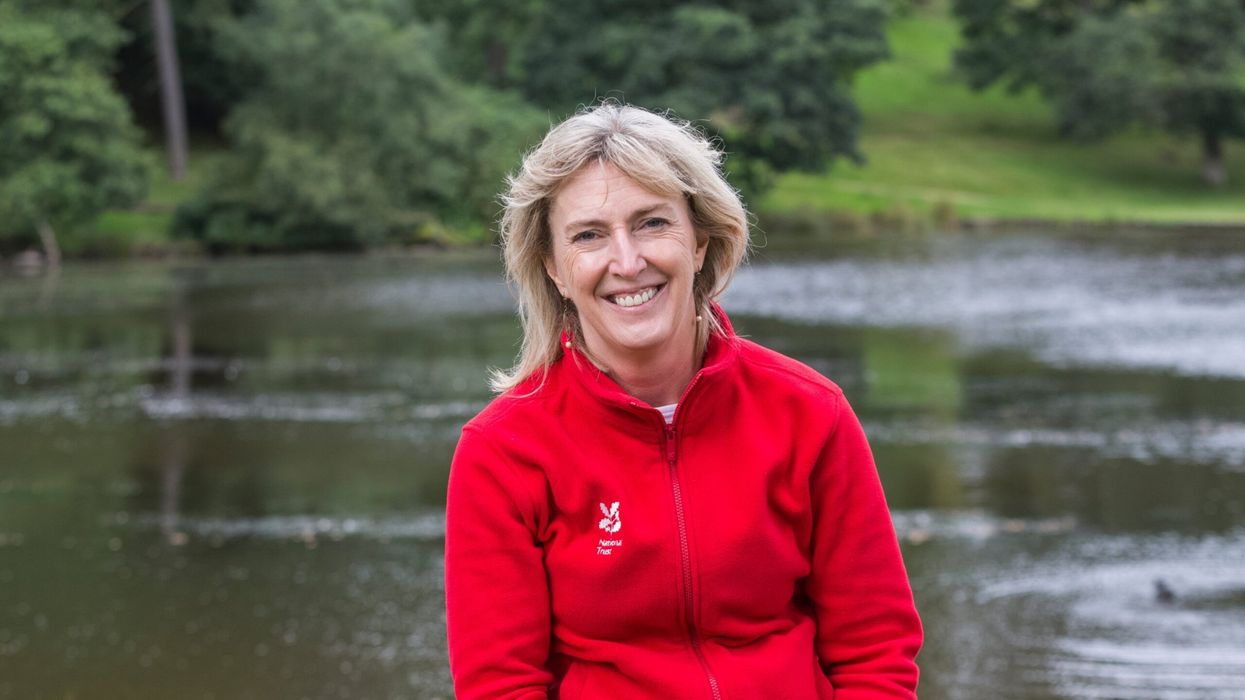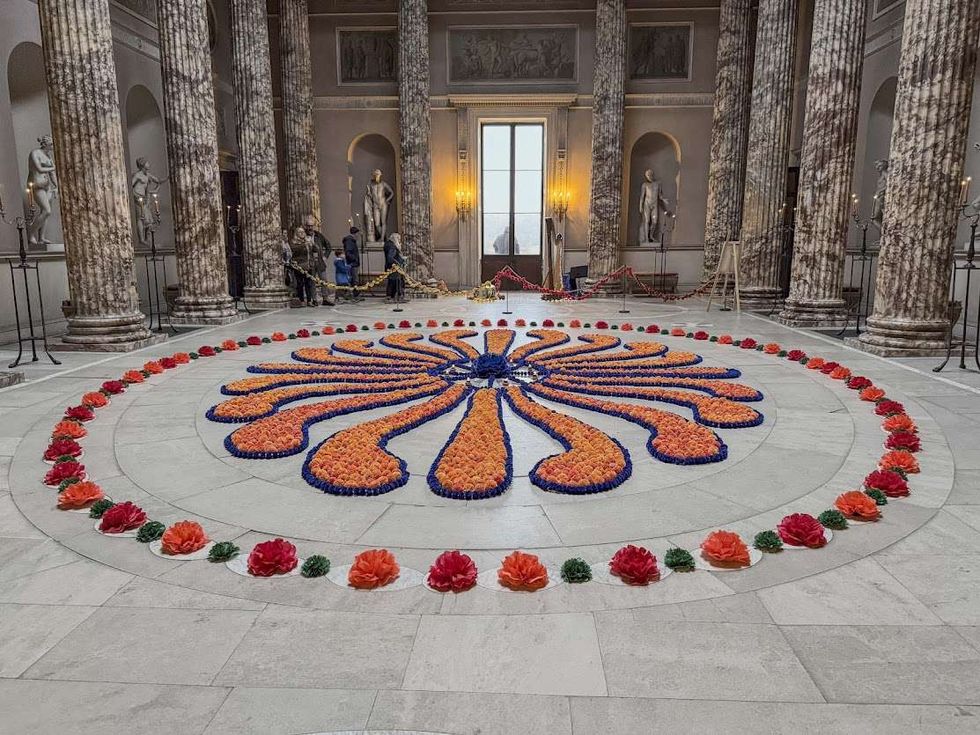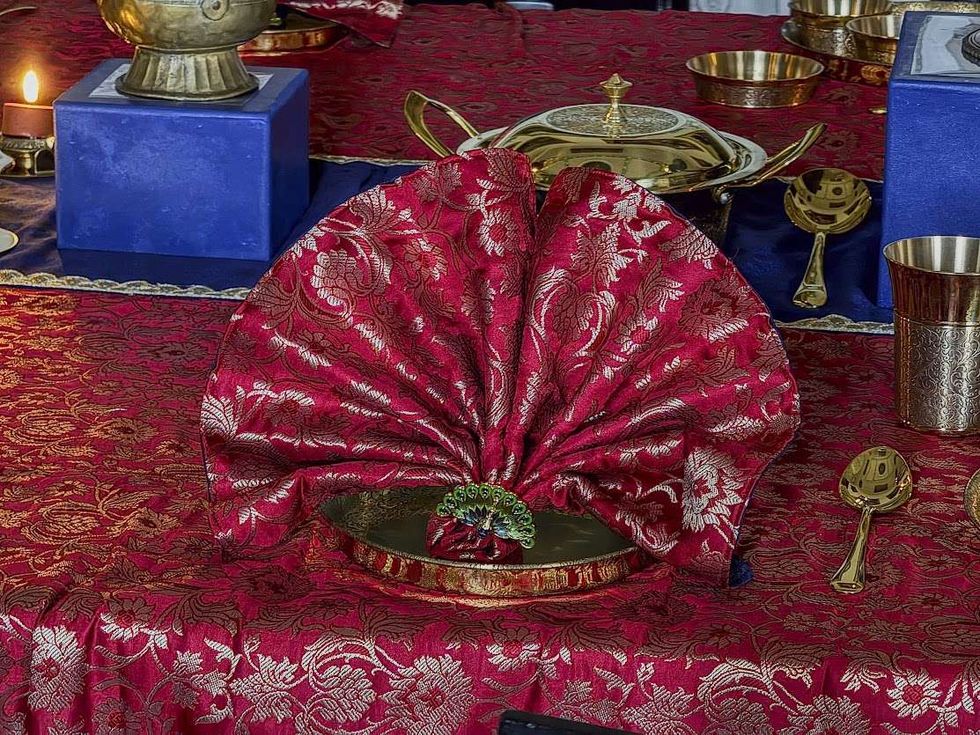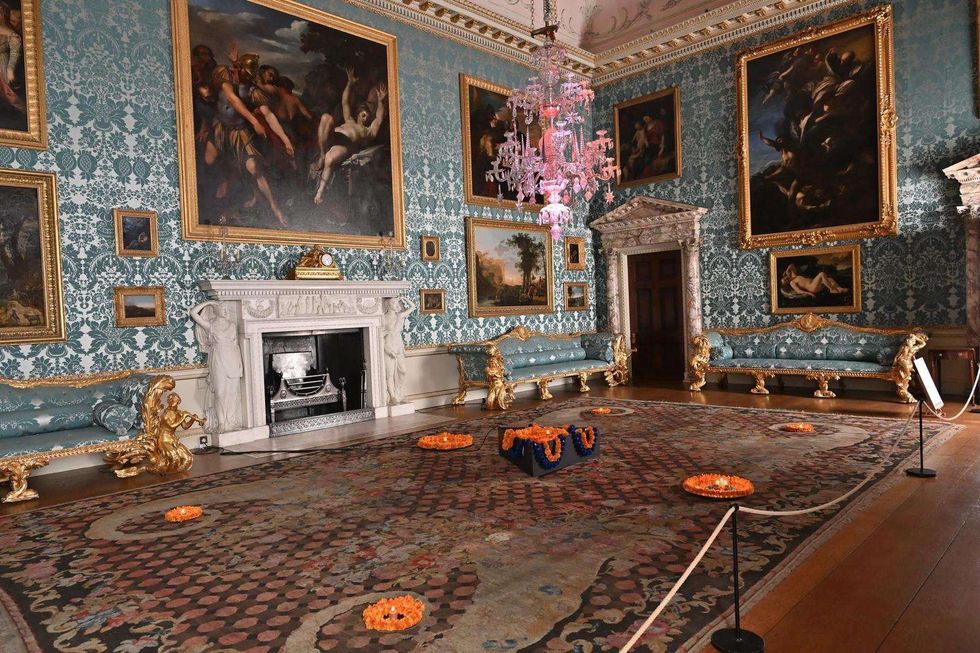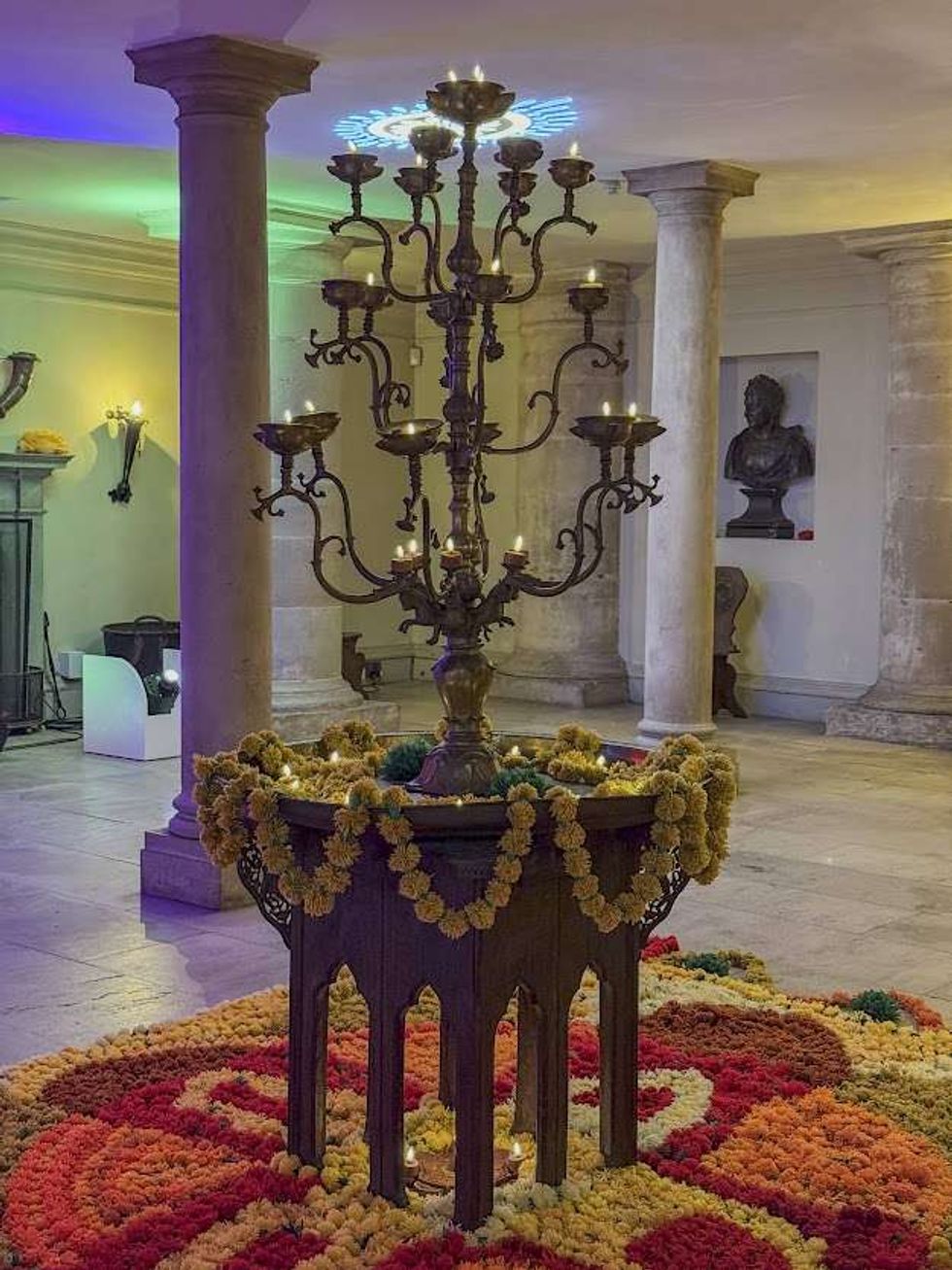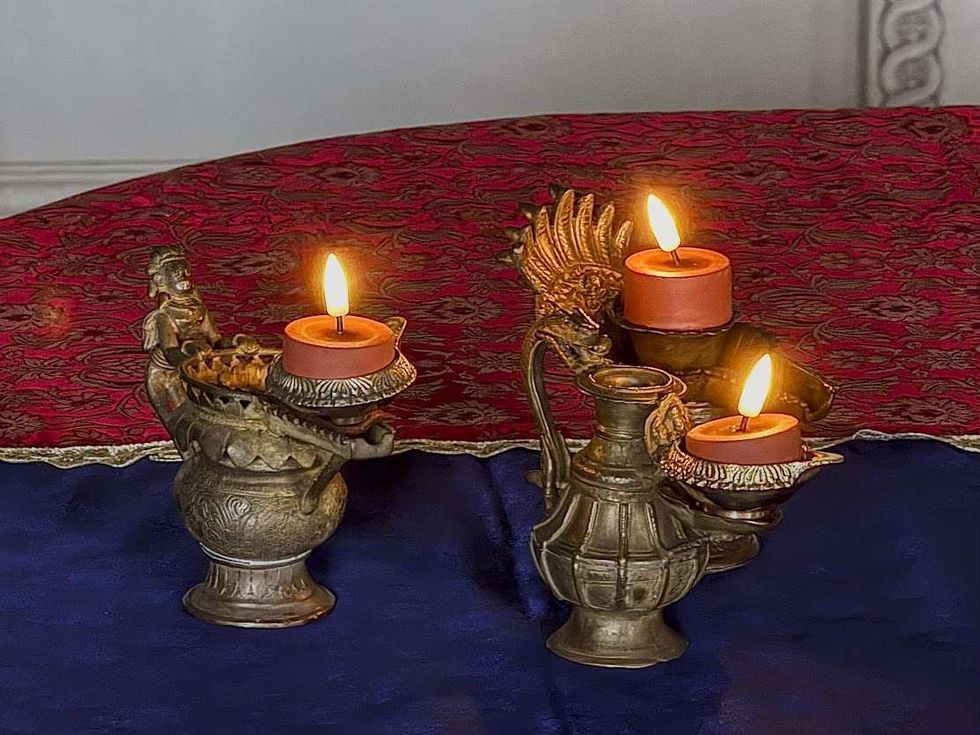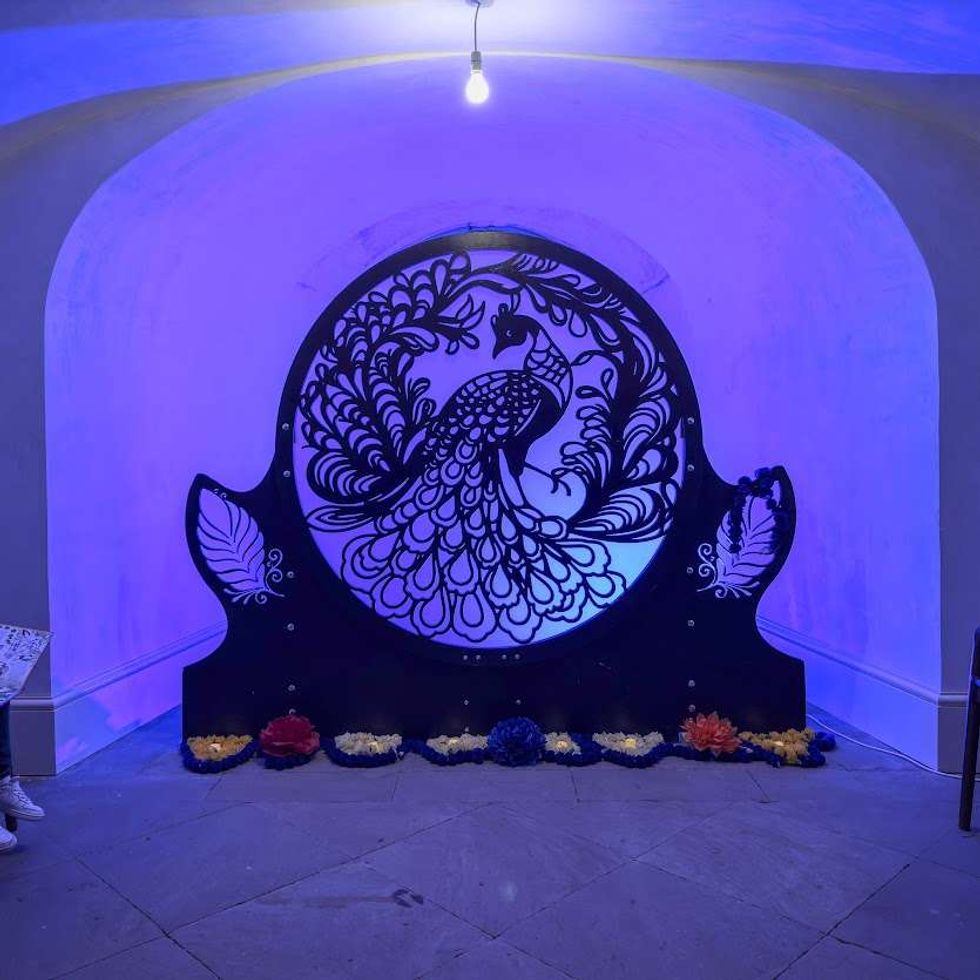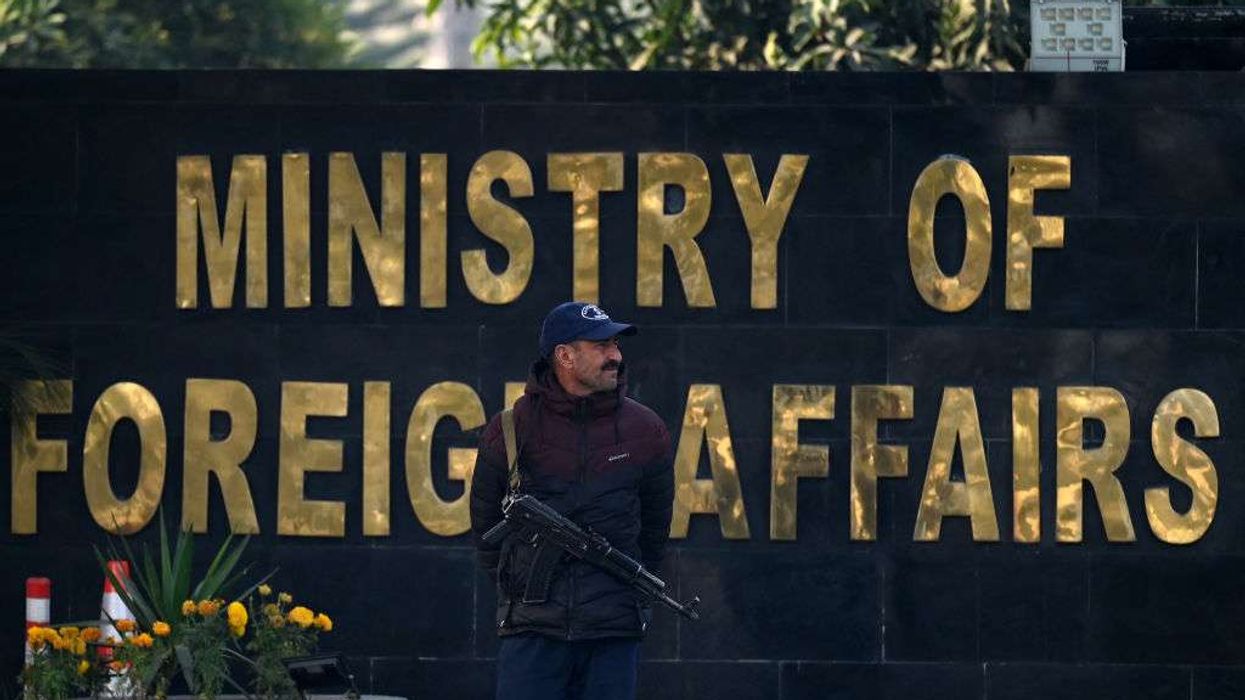POLLING for the first phase of India’s marathon national elections on Friday (19) concluded with around 64 per cent voter turnout. The first phase sealed the fate of 1,625 candidates in 102 constituencies across 17 states and Union Territories across the country.
The voting percentage of 63.89 per cent is likely to go upwards when reports from all polling stations are obtained, the Election Commission of India said in a statement.
The figure was nearly 70 per cent in the first phase of the previous elections held in 2019.
Among the states where the polling took place, incidents of violence were reported from Manipur, West Bengal and Chhattisgarh. Lakshadweep saw the highest voter turnout at 83.88 per cent and Bihar the lowest at 48.88 per cent, according to the ECI.
The Election Commission has revised the voter turnout in Tamil Nadu to 69.46 per cent, from the earlier 72 per cent. The ruling BJP could win no seat in the state in the 2019 election and made desperate campaigning this time to reverse the trend.
The seven-phase polls would end on June 1 and counting would take place on June 4. The second phase will be held on April 26 and the remaining phases will be May 7, May 13, May 20, May 25, and June 1 accordingly.
Prime minister Narendra Modi expressed satisfaction over the turnout figures saying they suggested that people were voting in favour of his National Democratic Alliance in large numbers.
North-east’s Tripura saw a turnout of 77.90 per cent, a release from India’s Press Information Bureau said.
In Bengal, which also saw a voter turnout of above 77 per cent, three constituencies in the northern part of the state were held on the first day and all of them were won by Modi’s Bharatiya Janata Party (BJP) in 2019.
Violence was reported in some constituencies of Bengal and Manipur, the northeastern state which has witnessed deadly ethnic clashes since May last year, leading to deaths, injuries and displacement of many people.
Over 68 per cent of voter turnout was reported in Manipur, where the general mood was opposed to election this year. There were also reports of miscreants damaging at least four electronic voting machines (EVMs) in a polling booth in the state.
In Bengal, supporters of the opponents Trinamool Congress and BJP clashed with each other and lodged 80 and 39 complaints, respectively, related to poll violence, voter intimidation, and assault on poll agents, sources from both parties said.
In Chhattisgarh, 63.41 per cent voters cast their votes in the Maoist-hit Bastar Lok Sabha constituency where a Central Reserve Police Force personnel died after a grenade accidentally went off.
An officer was also injured in an IED (improvised explosive device) blast in another incident. It was only three days before the elections that 29 Maoists were killed in an encounter with state security forces in Bastar in one of the largest operations against the Left-wing extremists.
Minor glitches in EVMs were also reported at some booths in the southern states of Tamil Nadu and Arunachal Pradesh and the north-eastern state of Assam, and the Union Territory of Andaman & Nicobar Islands.
For the first time in Andaman and Nicobar Islands, seven members of the Shompen tribe, a particularly vulnerable tribal group of Great Nicobar Islands, voted for the only parliamentary seat.
In a few polling stations in Arunachal Pradesh, polling was delayed as the EVMs developed technical snags which were later replaced, chief electoral officer Pawan Kumar Sain said.
In Uttar Pradesh, India’s most populous and politically most crucial state, five constituencies went to elections in the first phase and the turnout was reportedly around 57.61 per cent, the PIB release said.
A number of prominent ministers in the Modi government besides opposition leaders went to polling on the first day of the election. Among them were road transport minister Nitin Gadkari, earth sciences minister Kiren Rijiju, minister of state for home Nisith Pramanik and environment minister Bhupendra Yadav, among others. Among the opposition leaders contesting on the day were former Indian finance minister P Chidambaram of the Indian National Congress and his son Karti Chidambaram from Tamil Nadu.
Of the 102 seats that went to polling on Friday, the National Democratic Alliance led by Modi’s BJP could win 41 in the 2019 elections while 45 went to the now-defunct opposition bloc United Progressive Alliance led by the Indian National Congress.
This time, however, six of these constituencies have been redrawn as part of delimitation.
(Agencies)
